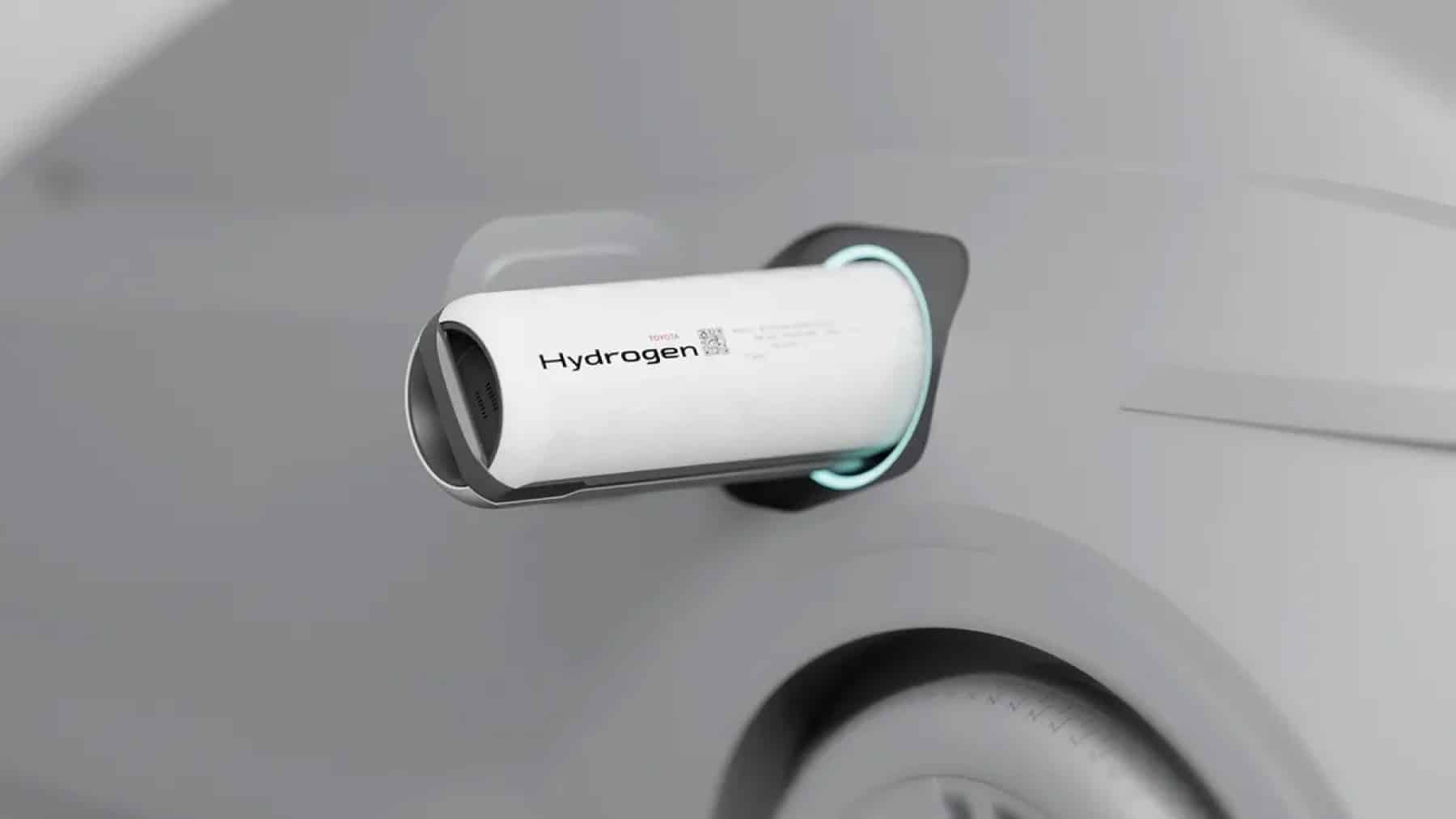Revolutionizing Electric Transportation: The Rise of Magnesium Batteries
Key Ideas
- Magnesium batteries offer higher energy density and longer lifespan than lithium-ion batteries, making them ideal for electric vehicles where weight and space are critical.
- The novel activation technique ensures safety and efficiency by reducing overpotential for charging, improving Coulombic efficiency, and offering a reliable supply chain based on abundant magnesium resources.
- The magnesium-air batteries developed by KIST can power electric vehicles for 800 kilometers per charge, potentially overtaking hydrogen fuel cells due to lower costs, sustainability, and simplicity of infrastructure.
Scientists at Korea’s Korea Institute of Science and Technology (KIST) have achieved a groundbreaking milestone by introducing the world’s first magnesium battery suitable for cars, potentially revolutionizing the automotive industry. This new battery technology eliminates the need for corrosive additives, offering high energy densities and long-lasting performance. The magnesium batteries rely on abundant magnesium resources, ensuring a stable and cost-effective supply chain compared to lithium-ion batteries. The novel activation technique creates a protective film on magnesium anodes, enhancing safety and efficiency by reducing overpotential and improving Coulombic efficiency. The batteries have demonstrated longevity by safely cycling through over 990 charge/discharge cycles, a crucial factor for electric vehicles' sustainability and cost-effectiveness.
In another leap forward, KIST has developed magnesium-air batteries capable of powering electric vehicles for an impressive range of 800 kilometers per charge. By utilizing magnesium as the anode and atmospheric oxygen as the cathode, these batteries offer high energy density and efficiency, surpassing existing battery technologies. Experts suggest that magnesium batteries, particularly the magnesium-air variant, could potentially overshadow hydrogen fuel cells in the automotive sector due to their sustainability, lower costs, and simplicity in infrastructure requirements. Unlike hydrogen fuel cells that entail complex and costly infrastructure for hydrogen generation and storage, magnesium batteries offer a more realistic and economically feasible solution for electric vehicles.
The environmental and economic benefits of magnesium batteries are substantial. These batteries are sustainable, utilizing plentiful magnesium resources and non-corrosive electrolytes that reduce environmental harm during production and disposal. Moreover, the cost-effectiveness of magnesium battery production opens the door for mass-scale integration into electric vehicles, potentially lowering the overall cost of clean energy transport. With improved performance, longer ranges, and quicker charging rates, magnesium batteries address critical issues in electric vehicles, enhancing user satisfaction and promoting the widespread adoption of sustainable transport.
Topics
Fuel Cells
Technology
Innovation
Sustainability
Electric Vehicles
Transportation
Environment
Energy Storage
Battery Technology
Latest News
